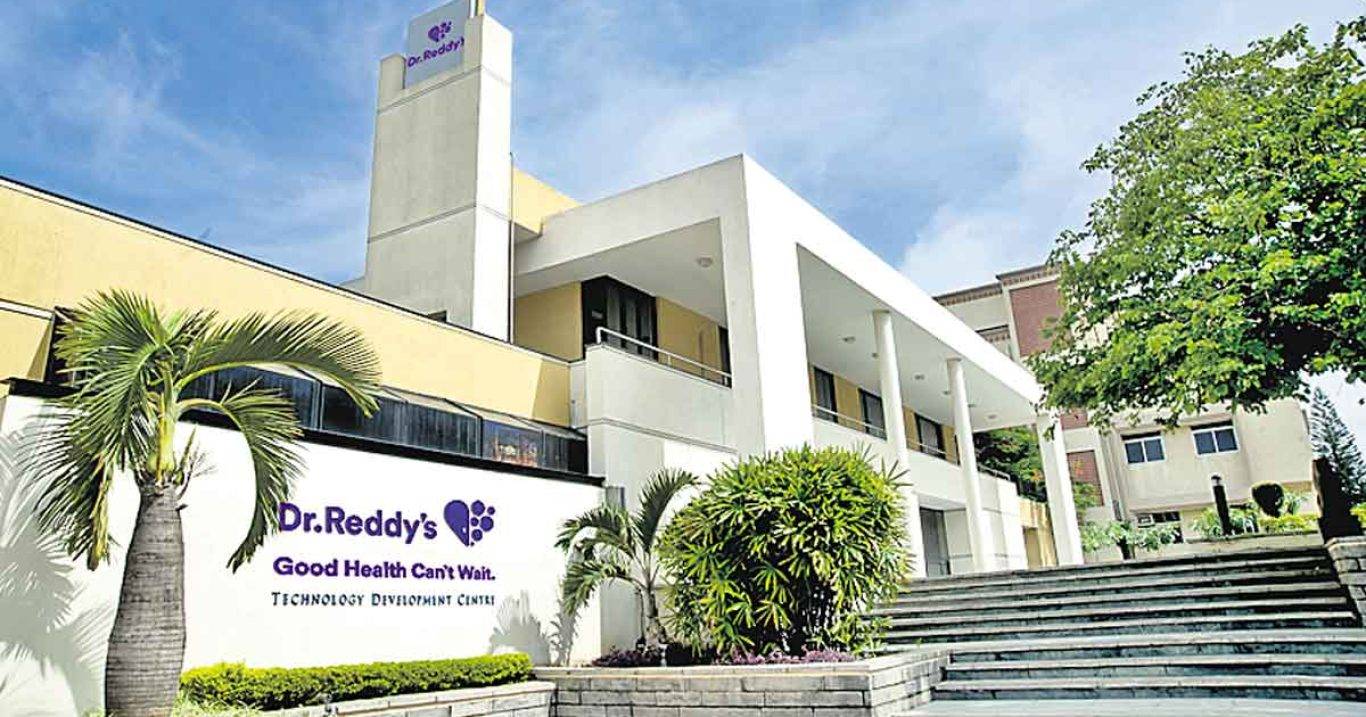Aam Admi Award For Social Entrepreneur Agnelorajesh Athaide Of St. Angelo’s Professional Education
Aam Admi Award For Social Entrepreneur Agnelorajesh Athaide Of St. Angelo’s Professional Education
India’s 1000 US$ billion market size in Education Sector in 2015 must include incentives to the poor & needy deprived of basic education – Agnelorajesh Athaide, CMD, St. Angelo’s Professional Education
Aam Admi Award For Social Entrepreneur Agnelorajesh Athaide Of St. Angelo’s Professional Education
For Agnelorajesh Athaide who runs country’s best managed education centre in Computer Education organization in India, it was the best recognition to salute the spirit of professional education when it received the prestigious Social Entrepreneur in Mass Education Award 2013 at the 6th Annual Pharmaceutical Leadership Summit & Pharmaleaders Business Leadership Awards 2013 at Hotel Hilton, Mumbai International Airport on Friday 27th December 2013 organised by illustrious Network 7 Media Group’s Pharmaleaders Magazine, Asia’s biggest media in healthcare communications. The Historic Pharmaceutical Leadership Summit was attended by the biggest names in the healthcare space in india at a power packed 300 leaders assembled to discuss the roadmap of the future of India’s healthcare drive & reforms on an aptly theme “Incredible Pharmaleaders 2013, Billion Dreams – Pushing India’s Growth Agenda”.
The Evening Award ceremony was marked by the entry of the volunteers of the Aam Admi Party at the historic summit. Anjali Damania, Maharashtra State Convenor of the Aam Admi Party joined with Mayank Gandhi & Satya Brahma in the inaugural lamp lighting ceremony followed by the National Anthem in the packed house where the who’s & Who’s of the Indian healthcare industry were present. The Chief guest of the Pharmaleaders awards evening Mayank Gandhi, Member National Executive, Aam Admi Party accompanied by the Editor-In-Chief of the Pharmaleaders Satya Brahma conferred the prestigious & coveted Social Entrepreneur in Mass Education Award 2013 to the dynamic & visionary founder of St. Angelo’s Professional Education, Agnelorajesh Athaide.
St. Angelo’s Professional Education (SAPE) was instrumental in bringing computer education within the reach of a common man & was responsible for adding professional skill sets to lacs of students, making them capable to achieve higher goals in life and become successful, not only locally but also globally
The education system in India constitutes the backbone of this country’s development and future growth. India today has 54 percent of its population below the age of 25 years. India’s demographic dividend of a younger population compared to developed countries is as much an opportunity as it is a challenge. The recent economic downturn left some marks on the generation of students entering the job market but with a good scope of healing the bruises. Like health and nutrition sector, education sector is one of the areas where consumers are involved in making investments that are non-discretionary in nature.
The Government has lately realized the enormity of the Challenges facing India’s Education System and in the Twelfth Five Year Plan (2012-2017) proposes several initiatives to resolve these, e.g., through increased funding for disadvantaged groups, deployment of cutting-edge technologies, faculty development programme, improved governance structures and provision of incentives for research.Current trends indicate that the education sector will be reliant on the increasingly accepted model of PPP. Education sector is inherently an area where growth is inevitable, especially, considering that India’s young population and growing economy are increasingly becoming dependent on the same. Education stream sees ‘no-bar’ when we talk about the potential for its growth.
It is at this critical juncture that an interface is felt essential between the government, academia and the industry. Major challenges like education delivery in remote areas, enforcing right to education, vocational education & skill development, Public-Private Partnership and Internationalization of Higher Education need an edge of innovative ideas and industry involvement. Advanced technologies like Tele-presence, e-learning, m-learning, virtual learning & remote delivery – could be some of the contemporary capabilities that can be harnessed for better results at lower costs. To align all of these the higher industry involvement is now imperative.
India has emerged as a strong potential market for investments in training and education sector, due to its favourable demographics (young population) and being a services-driven economy. Further, India’s expanding role in sectors such as software development, generic pharmaceuticals and healthcare, would require the country to invest into learning and training segment as well.The education sector of India is divided into two main segments; the core segment comprises of schools and higher education, while the non-core comprises of coaching classes, pre-schools and vocational trainings.
Moreover, India has claimed 10 of the top 100 places in Times Higher Education’s BRICS & Emerging Economies Rankings 2014—the world’s first ranking of universities in Brazil, Russia, India, China and South Africa, as well as 17 other emerging economies.
Market Size
The market size of Indian education sector is expected to increase to Rs 602,410 crore (US$ 97.03 billion) by FY15 on back of strong demand for quality education, according to a report by India Ratings.
The private education segment alone is expected to cross US$ 45 billion mark by 2015 from the present US$ 35 billion, according to a research report prepared by Investor Relation Society, affiliated to US based Global Investor Relations Network. Major investments are being seen in the areas of pre-schools, private coaching and tutoring, teacher training, the development and provision of multimedia content, educational software development, skill enhancement, IT training and e-learning.
India’s online education market size is set to grow to US$ 40 billion by 2017 from the present US$ 20 billion, said Mr Anil Sonkar, Chief Technology Officer (CTO), LoudCloud Systems.
Lack of quality higher education opportunities in India, has made nearly eight lakh Indian students spend over Rs. 10,000 crore in 2012-13 on studies abroad emphasising the need for completely deregulating the education sector and opting in a big way for public private partnerships (PPP), according to a recent study by the Associated Chambers of Commerce and Industry of India (ASSOCHAM). A recent assessment by ASSOCHAM called “Funds flows out of India for Higher Education-2013″ reveals that the country needs quality institutes at par with the Indian Institutes of Technology (IITs) and Indian Institutes of Management (IIMs) for students wanting to pursue careers in management, accounting, engineering and chartered accountancy. This would not only limit the outgo of foreign exchange but also spread global standards within the country increasing employability of the students in the industry and research institutions. Establishing a series of quality institutions with public private partnership by completely deregulating the higher education would be of help, said ASSOCHAM Secretary General, Mr. D S Rawat while commenting on the paper.On an average, an IIT student pays only US$ 150 per month as fees while those opting to go abroad have to shell out US$ 2000 to US$ 6,000 fee per month in equivalent institutions in countries like USA, Canada, Australia, and UK, adds ASSOCHAM assessment.
The Chamber is of the view that if higher education is deregulated, India can not only save foreign exchange but can also be a leading destination for students coming from other developing countries. This can create several lakhs of additional jobs in the field of education alone. In India, a meagre 12% of enrolment takes place in higher education, USA tops the list with 82% of enrolments in higher education, where as those with low enrolment constitute, Pakistan (5%), India (12%), China (20%) and Brazil (24%), adds the ASSOCHAM findings.This trend can be upturned with opening up of series of quality institutions with public private partnership by completely deregulating the higher education”, said Mr. Rawat The paper also adds, about 95% of all entrance examination participants in the IITs and IIMs do not make it due capacity constraints in these universities. A good chunk of those left out seek admissions abroad. With the precious foreign exchange saved, the country can build scores of top class institutions.
As a result of highly regulated higher education, human development index is very low in India leading to multiple problems such as corruption, population, poverty, unemployment, productivity, environment, primary health, tourism etc.Currently, there are about 900 million jobs in India. As much as 90% of the available jobs are skill-based, requiring vocational training, 9% jobs are knowledge based and 1% jobs are both knowledge and skill based.The US remains the most popular destination for post-graduate management and engineering degrees, Australia for vocational training, UK for one year degree courses, Russia and China being favoured for medical education, even though the graduates from China cannot practise in India as doctors unless they clear the domestic exams. This shows that India is losing out many of its valuable resources due to insufficient scope in higher education sector.
Therefore, foreign university partnerships with Indian universities offer an effective way to share resources and improve their offering while catering to the growing need of quality education in India. Higher education and vocational training can provide attractive investment returns and are scalable opportunities. It seems formal education is India is not imparting enough skills to students as nearly half of the graduates of this year were found unemployable for any job, according to a study.The study identified the key employability trends of 2013 and the most striking one was that a significant proportion of graduates of 2013, nearly 47 per cent, were found unemployable in any sector, given their English language and cognitive skills, said Aspiring Minds, a leading employability solutions company.Of all the respondents in the survey, only 2.59 per cent of them was found employable in functional roles such as accounting, while 15.88 per cent was suitable for employment in sales related roles and 21.37 per cent for roles in the business process outsourcing sector, a report by Aspiring Minds said.It said more females are pursuing three-year degree courses and when it comes to employability they are similar or higher suited than males.There are 109 males to every 100 females in three-year degree programmes, it said.Lack of English knowledge, poor skills in computer and concepts learning were major deterrents to employability.Poor knowledge of English and inadequate computer skills dampen employability prospects in smaller towns significantly, the report said, adding that for students residing or studying in smaller towns and cities (tier 2 or tier 3), the maximum gap is observed in English and computer skills.Moreover, not more than 25 per cent of the graduating students could apply concepts to solve a real-world problem in the domain of finance and accounting, while, on average, 50 per cent graduates are able to answer definition-based/ theoretical questions based on the same concept. The report noted that around 41 per cent of graduates employable in accounting roles hail from colleges beyond the top 30 per cent colleges, whereas for the IT services sector this percentage is 36 per cent.
Mr. Agnelorajesh Athaide is the Chairman & Managing Director of St. Angelo’s Professional Education (SAPE) and all its business divisions. Mr. Athaide is a young graduate and software engineer from Mumbai University with an experience of more than 10 years in the IT industry. His inbuilt passion and desire to excel inspired him to be an entrepreneur at a very young age. He started his own business of Training & Data processing at the age of 20 and thereafter never looked back. His vision & mission has always been inspiring and motivating all those who are associated with him to give their best. His positivity, leadership skills, marketing & selling ability, hard work and dedication are a few qualities behind all his successful ventures. Having started with a single and 1 machine training unit, he has developed it into one of the best IT companies of Mumbai. Mr. Athaide primarily handles the Marketing, Sales and PRO portfolios for the company.










